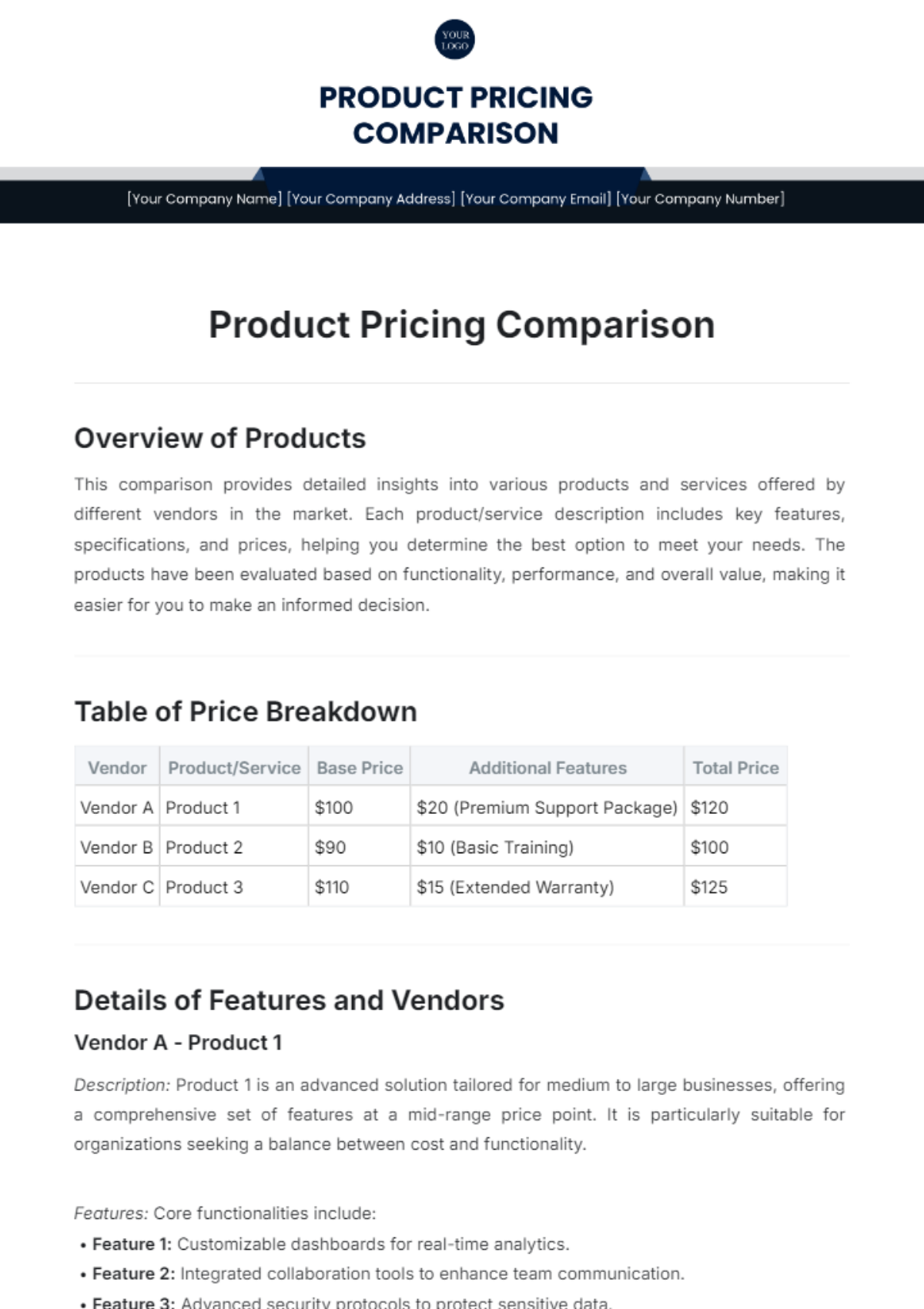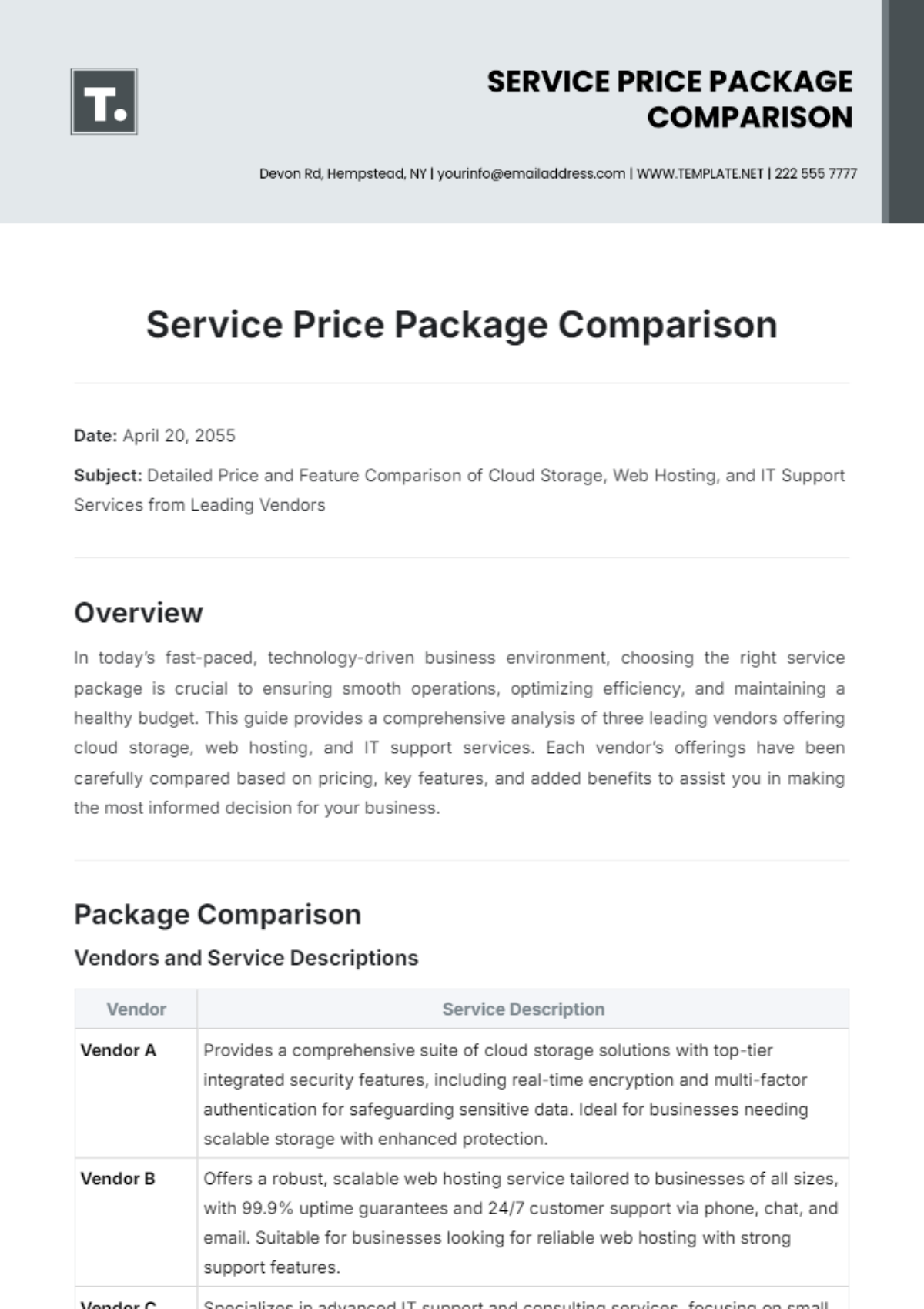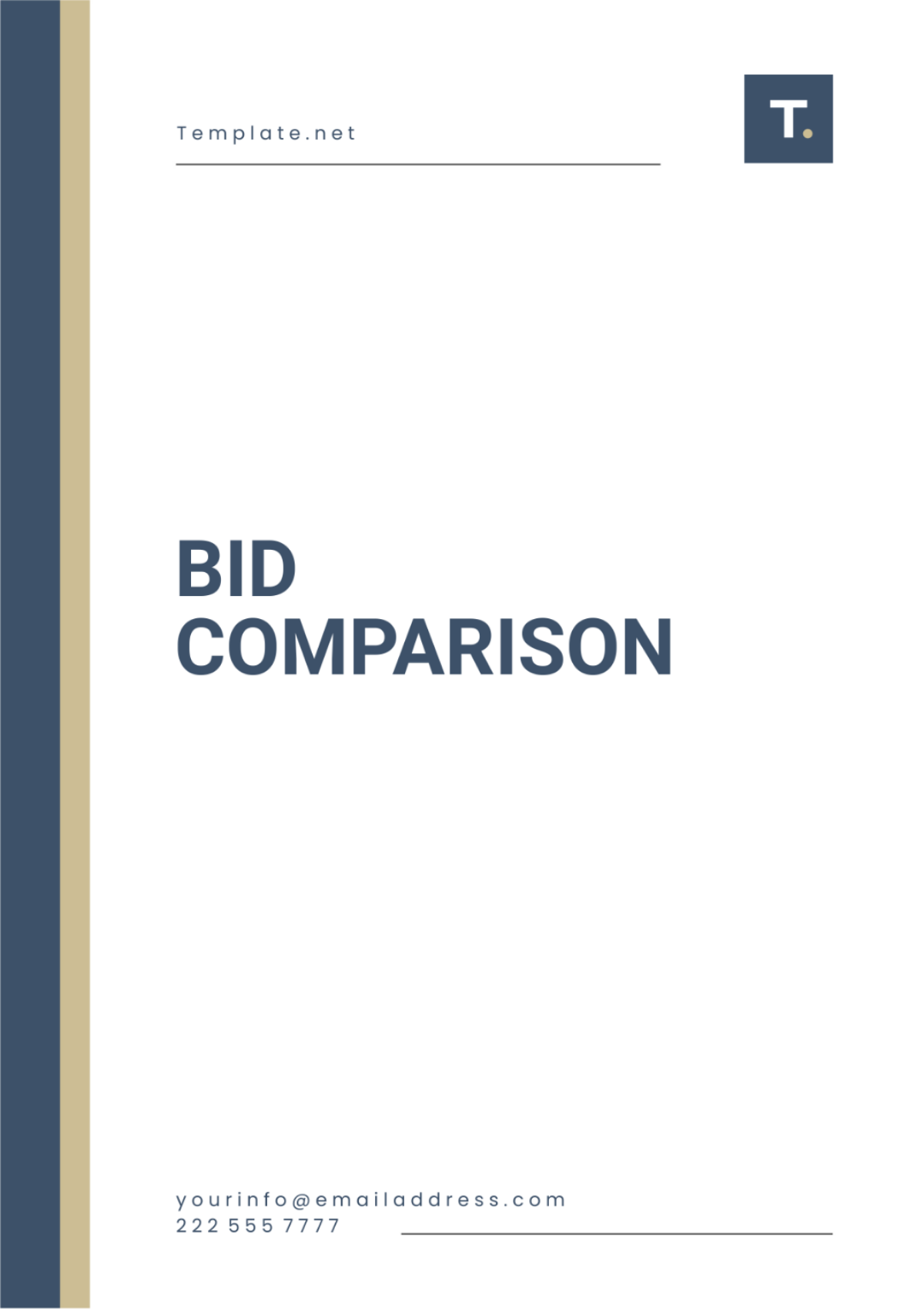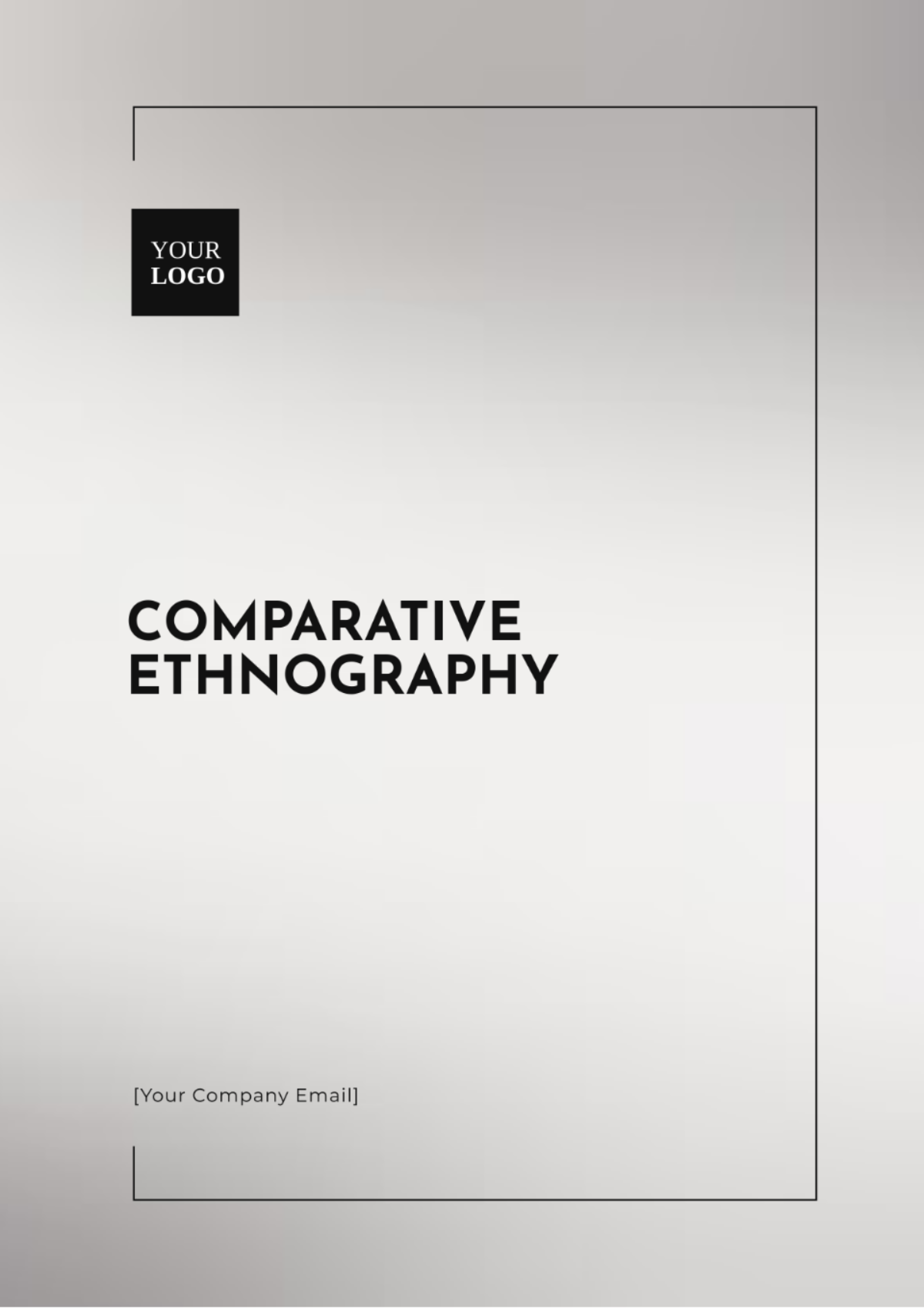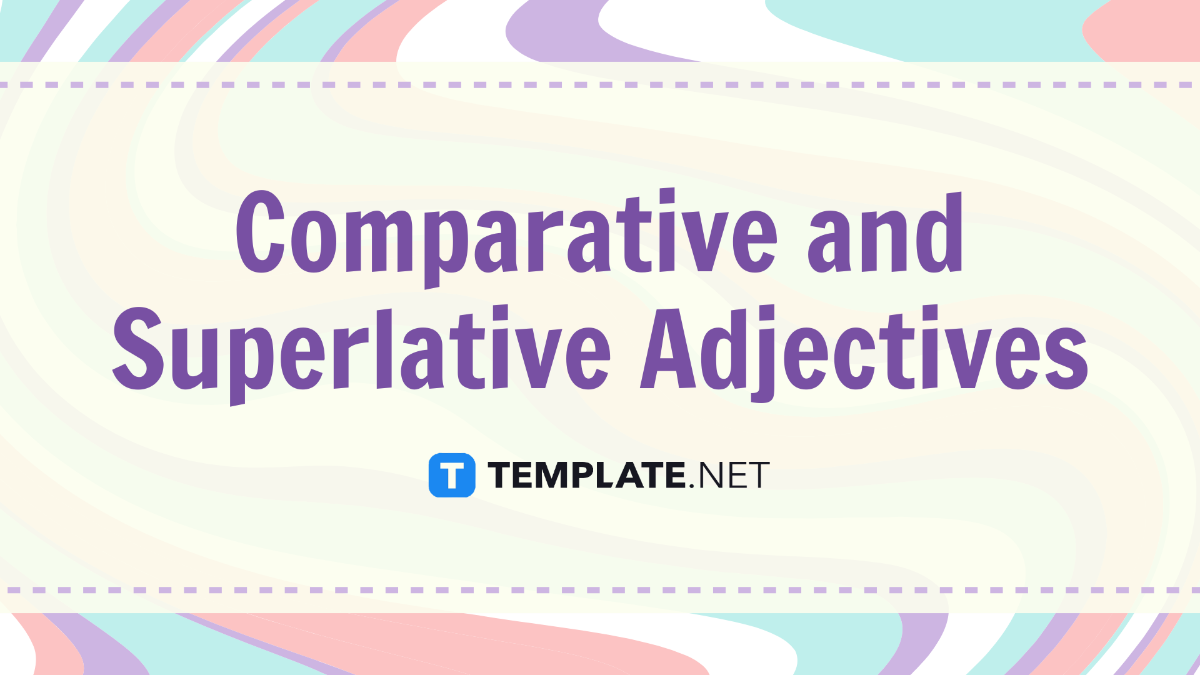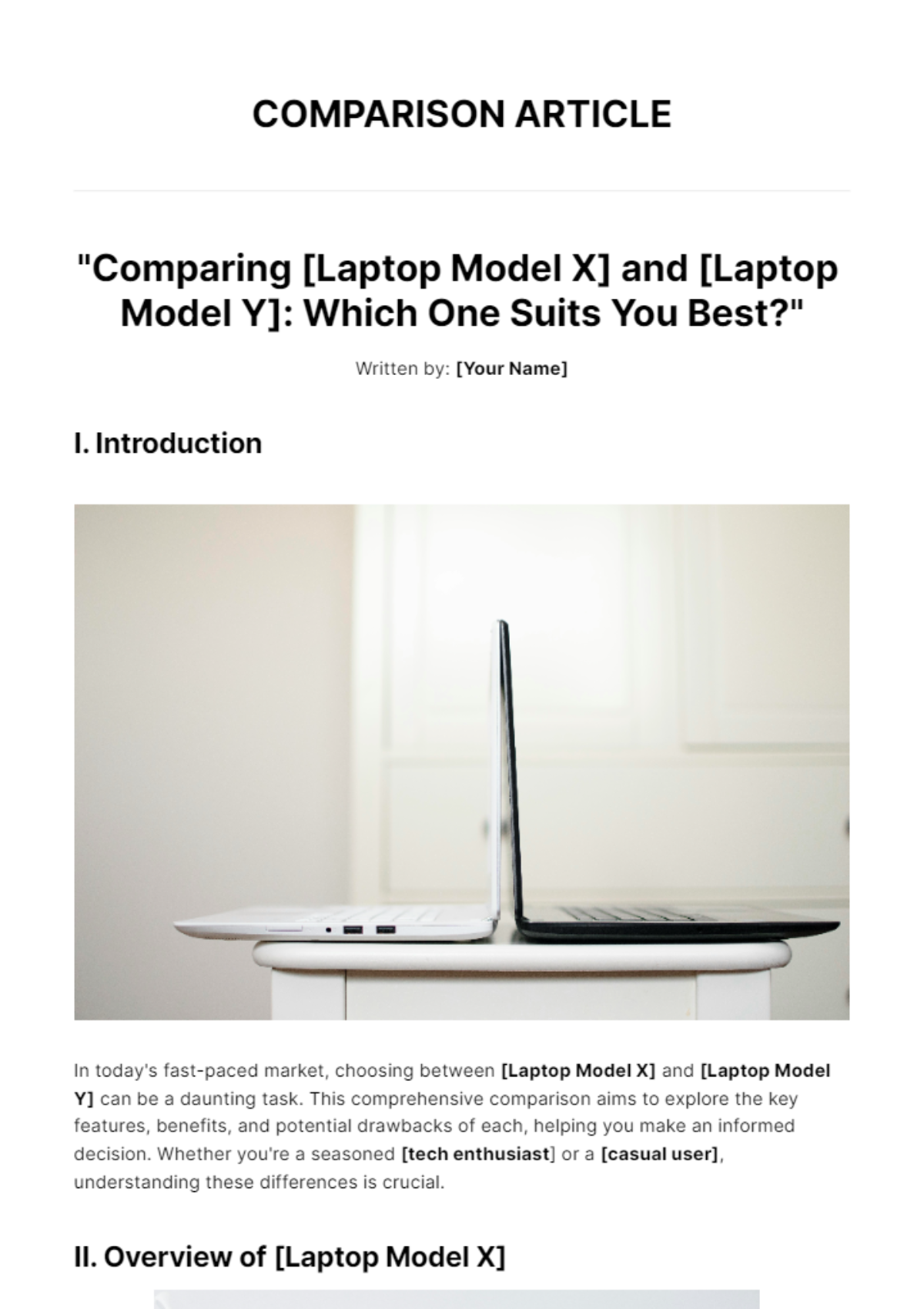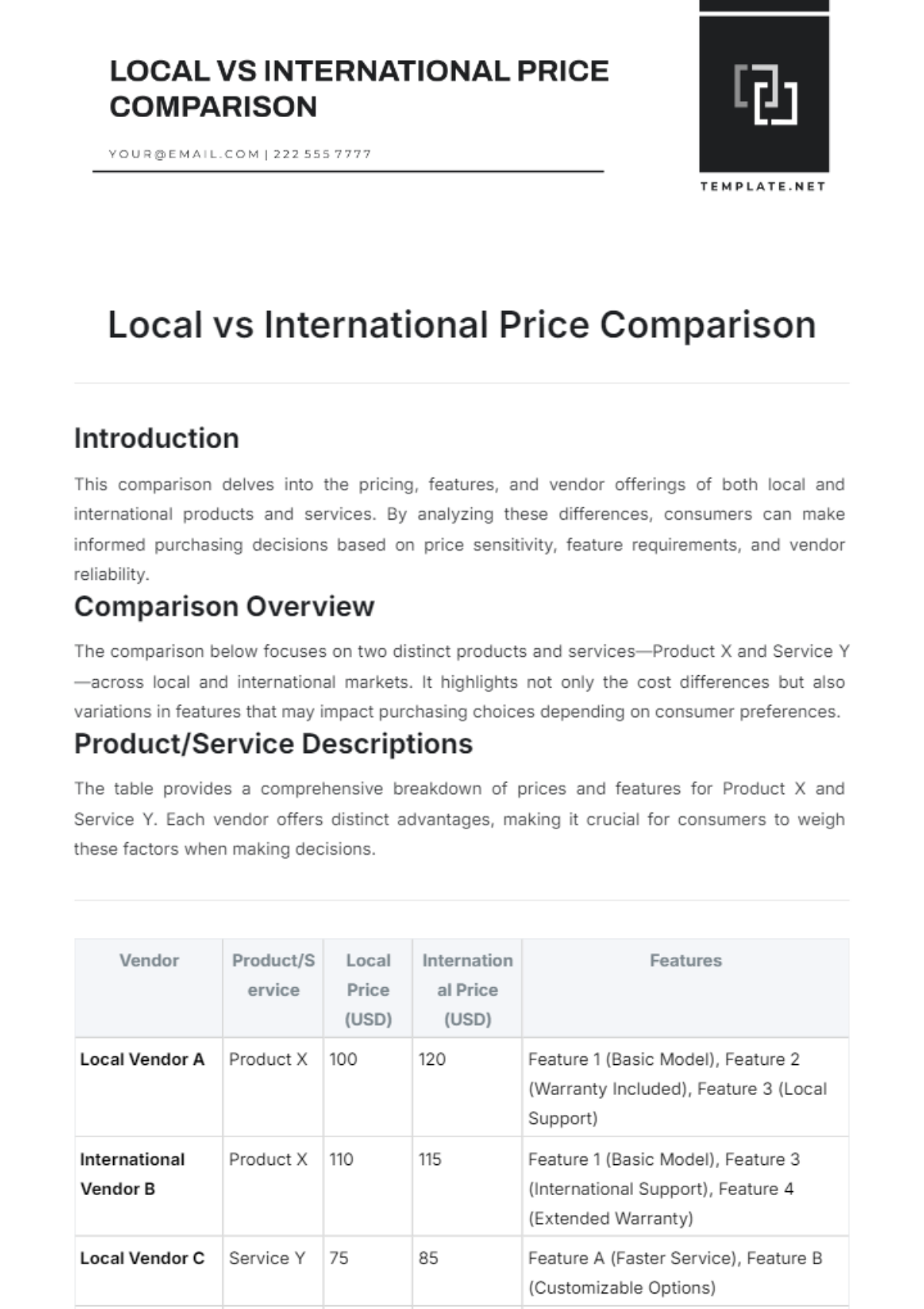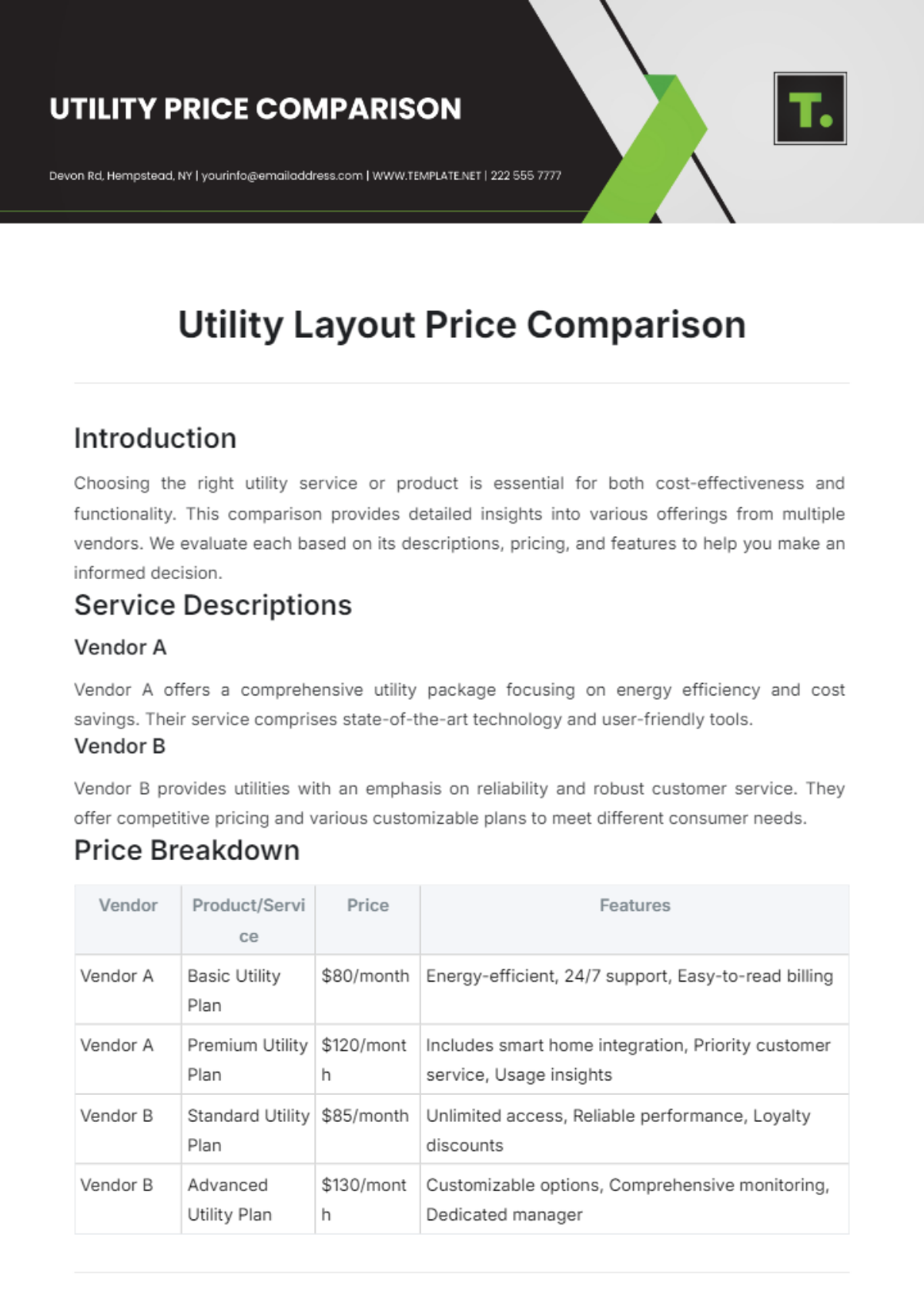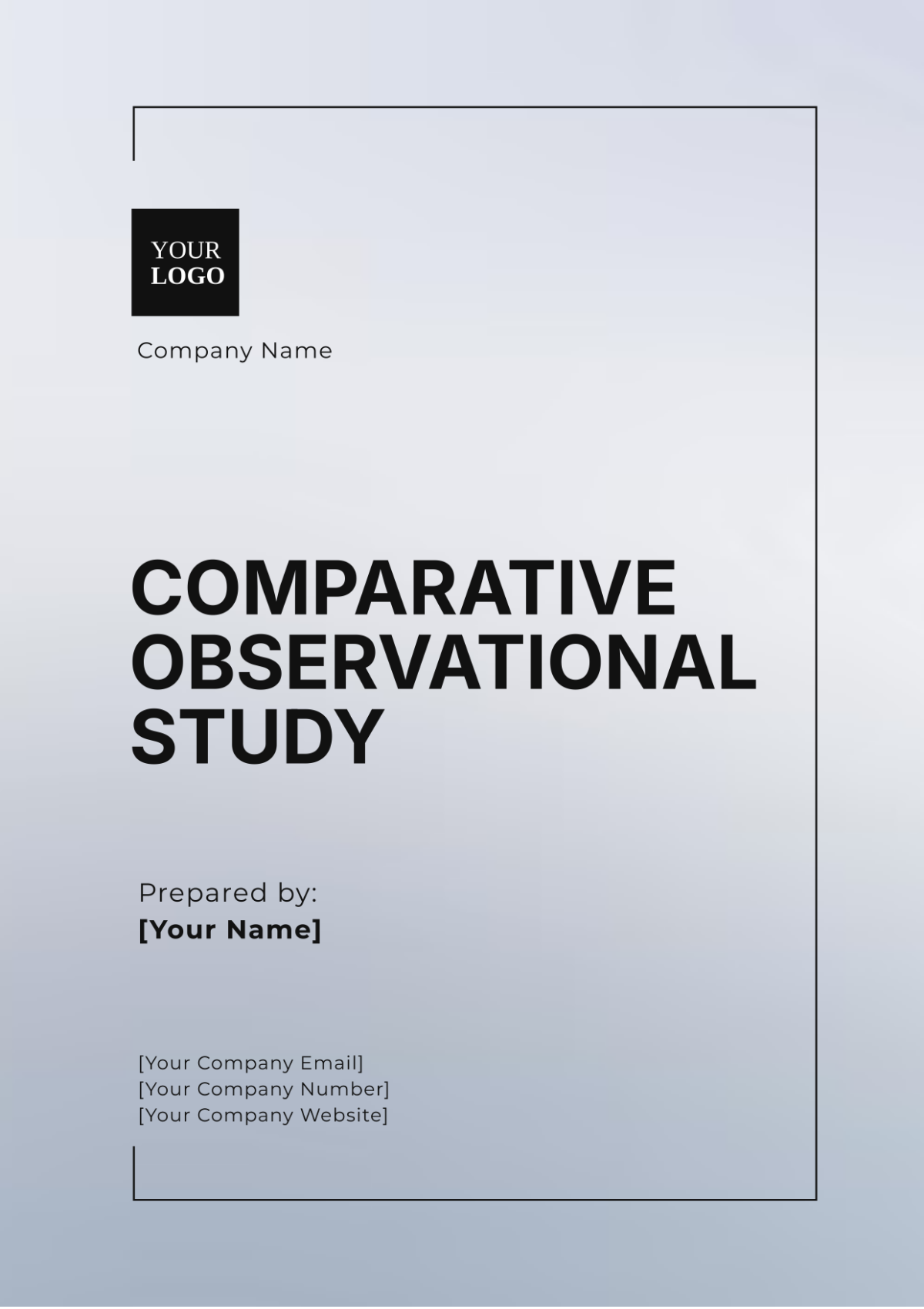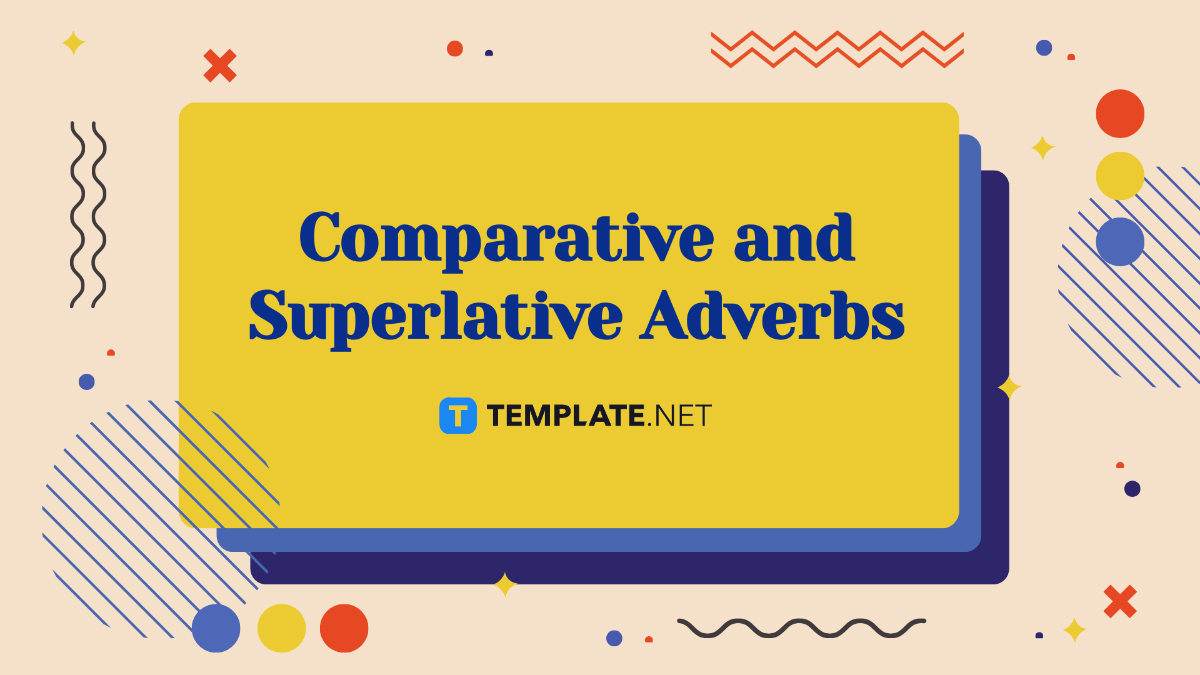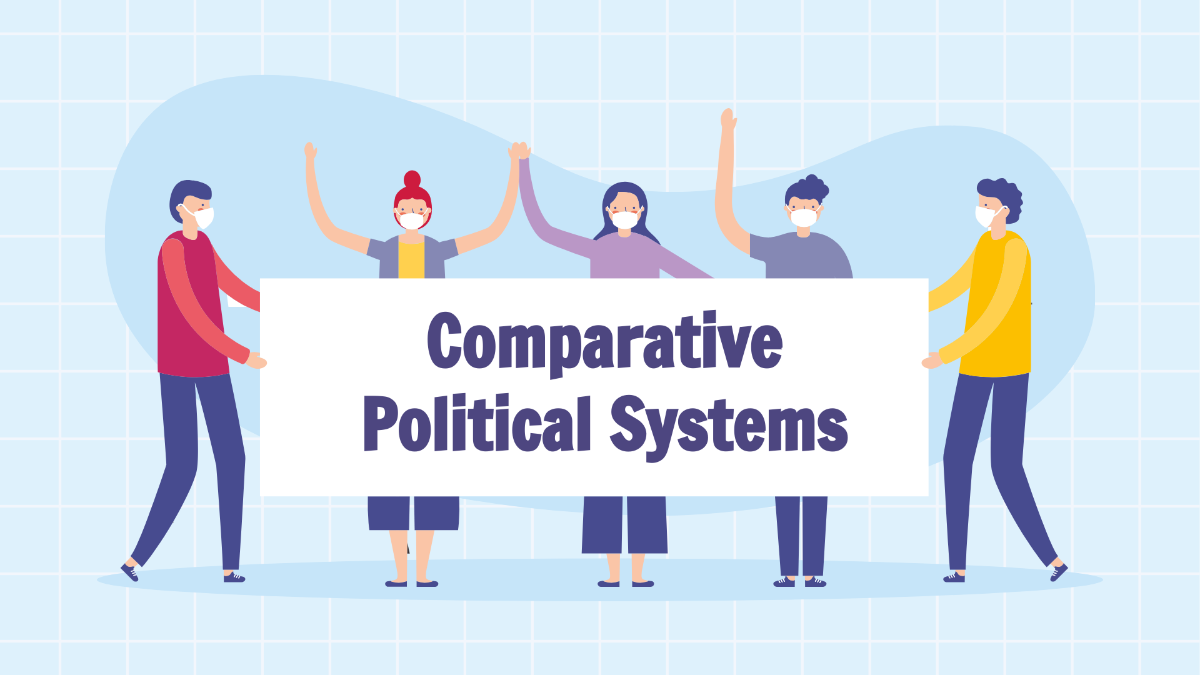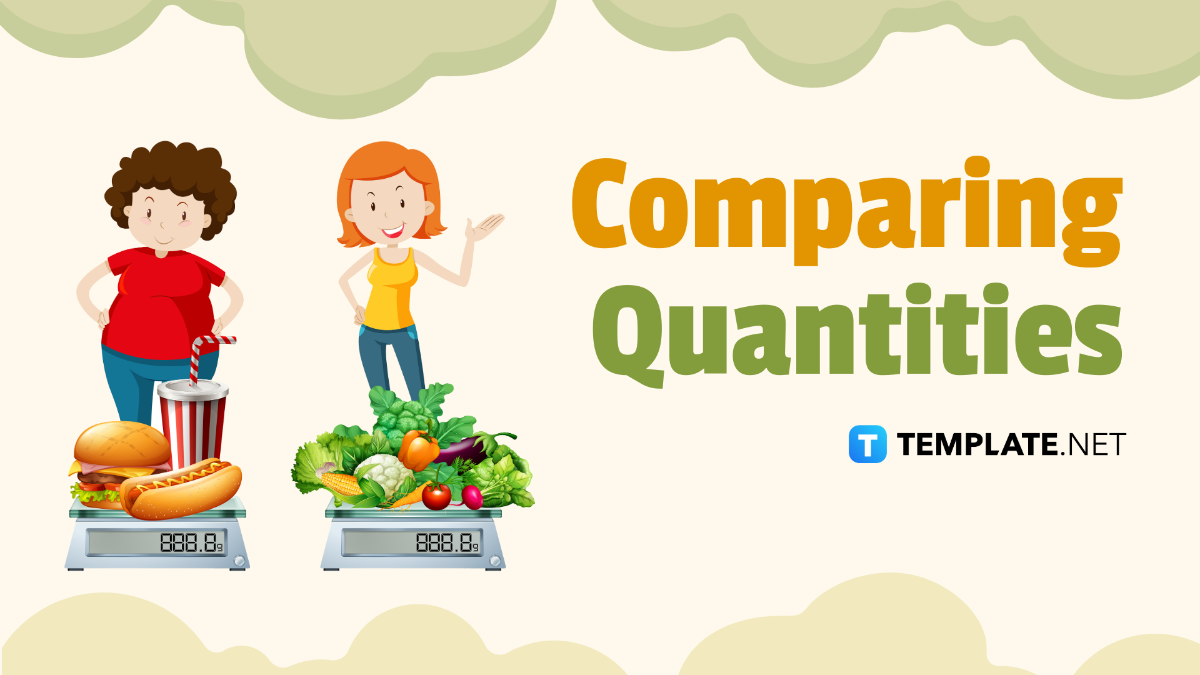Free Comparative Observational Study Template
Comparative Observational Study
Principal Investigator: [YOUR NAME]
Affiliation: [YOUR COMPANY NAME]
Date: [SUBMISSION DATE]
Introduction
Comparative observational studies are essential research methods used to understand differences and similarities between various groups or conditions without directly manipulating variables. This study focuses on analyzing and comparing educational outcomes based on different teaching methodologies. By observing and documenting outcomes across multiple educational approaches, this study aims to identify patterns, relationships, and effects inherent in natural educational settings.
Objectives
The primary objectives of this study are:
To compare the effectiveness of traditional classroom teaching versus modern interactive learning methods.
To analyze student performance and engagement levels associated with each teaching approach.
To identify any notable differences in student outcomes, including academic achievement and overall satisfaction.
Methodology
Study Design
This study employs a comparative observational design, observing and analyzing outcomes between two distinct educational methods:
Traditional Classroom Teaching: This method includes conventional lectures, textbooks, and in-person classroom interactions.
Modern Interactive Learning: This approach incorporates digital tools, online resources, and interactive learning platforms.
Participants
Selection Criteria
Participants were selected based on the following criteria:
Students enrolled in grades 5 through 7.
Schools utilize either traditional or modern interactive teaching methods.
A minimum of 30 students per group to ensure statistical significance.
Demographic Information
Demographic data for each group was collected to ensure a balanced comparison. The following table summarizes the demographic information:
Demographic Factor | Traditional Teaching Group | Interactive Learning Group |
|---|---|---|
Number of Students | 35 | 34 |
Average Age | 11.2 years | 11.3 years |
Gender Distribution | 50% Male, 50% Female | 52% Male, 48% Female |
Socioeconomic Status | Varied | Varied |
Results
Academic Achievement
Academic achievement was measured using standardized test scores in key subjects such as mathematics, science, and language arts. The following table presents the average test scores for each group:
Subject | Traditional Teaching Group | Interactive Learning Group |
|---|---|---|
Mathematics | 78% | 85% |
Science | 74% | 81% |
Language Arts | 76% | 83% |
Analysis: The data indicates that students in the Interactive Learning Group achieved higher average scores across all subjects compared to the Traditional Teaching Group.
Student Engagement
Student engagement was assessed through surveys measuring interest, motivation, and participation in class activities. The survey results are summarized in the following table:
Engagement Factor | Traditional Teaching Group | Interactive Learning Group |
|---|---|---|
Interest in Subject | 60% | 80% |
Motivation to Learn | 55% | 75% |
Class Participation | 65% | 85% |
Analysis: Students in the Interactive Learning Group reported higher levels of interest, motivation, and participation compared to those in the Traditional Teaching Group.
Overall Satisfaction
Overall satisfaction was evaluated using a Likert scale survey, with results presented in the following table:
Satisfaction Factor | Traditional Teaching Group | Interactive Learning Group |
|---|---|---|
Overall Satisfaction | 70% | 85% |
Likelihood to Recommend | 68% | 82% |
Analysis: Higher overall satisfaction was reported by students in the Interactive Learning Group.
Discussion
Key Findings
The comparative observational study revealed several key findings:
Higher Academic Achievement: Students in the Interactive Learning Group demonstrated better performance in standardized tests across all subjects.
Increased Engagement: Interactive Learning methods led to higher levels of student interest, motivation, and participation.
Greater Satisfaction: Students in the Interactive Learning Group reported greater overall satisfaction and were more likely to recommend their learning experience.
Implications
The results suggest that modern interactive learning approaches may offer advantages over traditional teaching methods in terms of academic achievement, student engagement, and satisfaction. Educational institutions might consider incorporating more interactive elements into their curricula to enhance learning outcomes.
Conclusion
This comparative observational study provides valuable insights into the effectiveness of different educational approaches. By examining and comparing outcomes without manipulating variables, the study highlights the potential benefits of modern interactive learning methods over traditional classroom teaching. Further research with larger sample sizes and diverse educational settings could offer an even deeper understanding and validation of these findings.
References
Smith, J. A., & Brown, L. T. (2050). Comparative Analysis of Traditional and Modern Teaching Methods: A Review of the Literature. Educational Research Journal, 45(3), 123-145.
Johnson, R. M., & Lee, K. Y. (2051). Student Engagement in Interactive Learning Environments: A Meta-Analysis. Journal of Educational Psychology, 111(2), 356-372.
Williams, C. H., Davis, R. J., & Martinez, P. (2052). The Impact of Digital Tools on Academic Achievement: Evidence from Secondary Education. Technology in Education Review, 58(4), 204-220.
